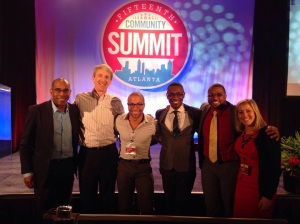Initial Investment to Help Research, Identify and Apply Innovative Solutions in Baltimore, Maryland and Jackson, Mississippi – Two of the Cities Hardest Hit by HIV/AIDS
Research Triangle Park, NC – February 4, 2015 – ViiV Healthcare today announced the launch of a four-year, $10 million initial investment to fuel a concerted community response to the HIV epidemic among Black Men who have Sex with Men (MSM) in Baltimore, Maryland and Jackson, Mississippi, two U.S. cities hard hit by HIV/AIDS. The goal for this new initiative named ACCELERATE!, is to help speed up community-driven solutions to increase access and engagement in supportive HIV care and services by Black MSM. ACCELERATE! aligns with the National HIV/AIDS Strategy and its imperative to focus on communities most disproportionately impacted by HIV/AIDS.
In recent years, there have been increased efforts to address health disparities and social drivers that contribute to the disproportionate impact of HIV/AIDS in Black communities. However, the data continue to tell the story of an enduring and persistent epidemic among Black Americans, and Black MSM in particular. A recent study in The Lancet found disparities across the HIV Care Continuum –
the series of steps from when a person is diagnosed with HIV through the successful treatment of their infection with HIV medications – with 1 in 3 Black MSM found to be HIV-positive, compared with less than 1 in 10 White MSM. The study also found just 24 percent of Black MSM stay in care and 16 percent achieve viral suppression, compared with 43 percent and 34 percent respectively for White MSM.[i] These devastating data, along with the stories of individuals, families and communities affected, mandate the urgent need for new, community-driven approaches and solutions.
“As we commemorate National Black HIV/AIDS Awareness Day, we are proud to announce our ACCELERATE! Initiative, conceived in collaboration with national and community partners to help address the toll HIV/AIDS continues to take on Black communities,” said Bill Collier, Head of North America, ViiV Healthcare. “It’s our ambition that this investment will help build innovative, community-driven solutions to help reduce the HIV epidemic among Black MSM, and strengthen services and communities to support them.”
The ACCELERATE! Initiative leverages what ViiV Healthcare has gleaned from a range of community stakeholders and builds on available insights, community dynamics, best practices, evaluative measures and the conditions that present persistent challenges in Baltimore and Jackson.
Consistent with other ViiV Healthcare-supported programs conducted over the last five years, this initiative began with a convening of a wide range of stakeholders. The Baltimore meeting was held at Johns Hopkins University and included community representatives, allies, state and local health officials, healthcare professionals and academic researchers. The Jackson meeting was held at the Mississippi State Department of Health’s Office of Epidemiology and included a similar range of voices. These discussions, and other conversations with Black MSM and key stakeholders, confirmed the collective will and commitment to accelerating the response.
David Holtgrave, Ph.D., Professor, Department Chair, and Co-Director of the Center for Implementation Research at Johns Hopkins Bloomberg School of Public Health, welcomes the ViiVHealthcare community innovation investment. “The disproportionate impact of HIV among Black MSM in our city is a truly urgent public health issue, and there are unmet public health needs that must rapidly be addressed. We welcome an accelerated response to HIV/AIDS in our own backyard, and appreciate this unique opportunity to participate in a discussion with our colleagues and friends in community organizations, health departments, other academic institutions and those with allied concerns, to help conceive, apply and evaluate innovative and evidence-based services so that we can urgently address this critical health disparity.“
“Jackson, Mississippi has alarmingly high rates of HIV infection among young Black men; our city’s infection rates are among the highest in the country. We applaud ViiV Healthcare’s commitment to investing in innovative programs to reduce HIV/AIDS-related health disparities in Jackson. We believe that participation from the private sector is an important complement to our local efforts and programs to reduce these disparities,” said Leandro A. Mena, M.D., MPH, Associate Professor of Medicine, Division of Infectious Disease and Director, Center for HIV/AIDS Research, Education and Policy at the University of Mississippi Medical Center.
The first phase of the ACCELERATE! Initiative will include ethnographic research with Black MSM and community members to identify gaps, assets, challenges and priorities, along with an intensive mapping process. ViiV Healthcare is in discussions with academic centers in Baltimore and Jackson for the Initiative’s research, monitoring and evaluation activities. The insights obtained will help determine the right approach and inform the next phase of this initiative in the effort to reduce the HIV epidemic among Black MSM and affected communities, and strengthen the systems that support and sustain programs that work.
About ViiV Healthcare
ViiV Healthcare is a global specialist HIV company established in November 2009 by GlaxoSmithKline (LSE: GSK) and Pfizer (NYSE: PFE) dedicated to delivering advances in treatment and care for people living with HIV. Shionogi joined as a shareholder in October 2012. The company’s aim is to take a deeper and broader interest in HIV/AIDS than any company has done before and take a new approach to deliver effective and new HIV medicines, as well as support communities affected by HIV. For more information on the company, its management, portfolio, pipeline, and commitment, please visit www.viivhealthcare.com.

![[object Object]](https://ci3.googleusercontent.com/proxy/Kxzt0-oXar8_abSkEDmnZiicWN3RWe2cMyTPWo1pEbdhxACgMJfV1WnuItYeOlIcIzIEN2bRMWD3H0z7GPDe3tuTa5hVuMmUwVeWpZWE6qBY=s0-d-e1-ft#http://nmac.convio.net/images/content/pagebuilder/11815.jpg)


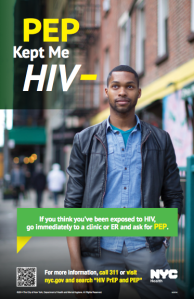
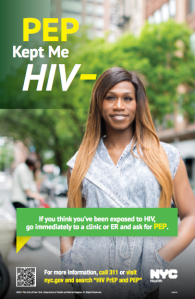
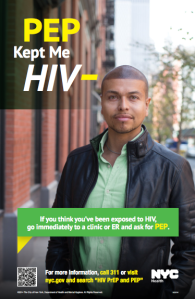
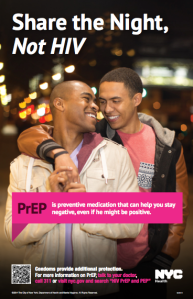
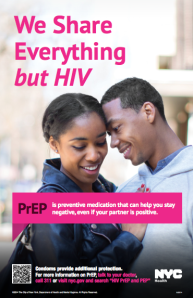
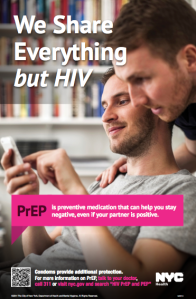







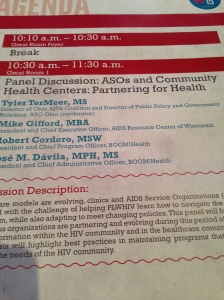
 I personally think that ASOs/CBOs really need to start considering potential mergers and partnerships when negotiations can commence on an even playing field. Seeing so many organizations either struggling or closing and personally affected has encouraged me to being to have that conversation with my own organization.
I personally think that ASOs/CBOs really need to start considering potential mergers and partnerships when negotiations can commence on an even playing field. Seeing so many organizations either struggling or closing and personally affected has encouraged me to being to have that conversation with my own organization.


